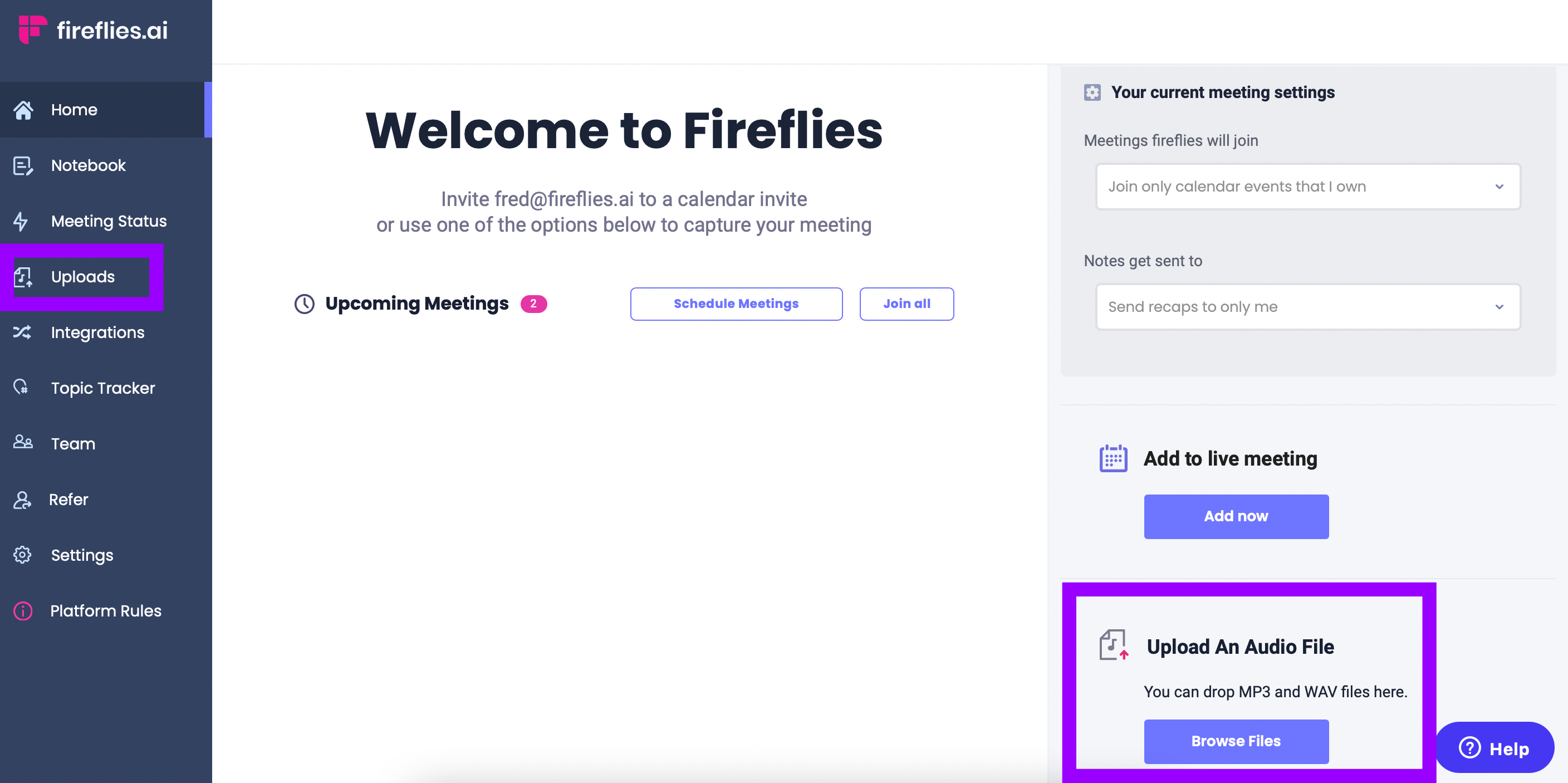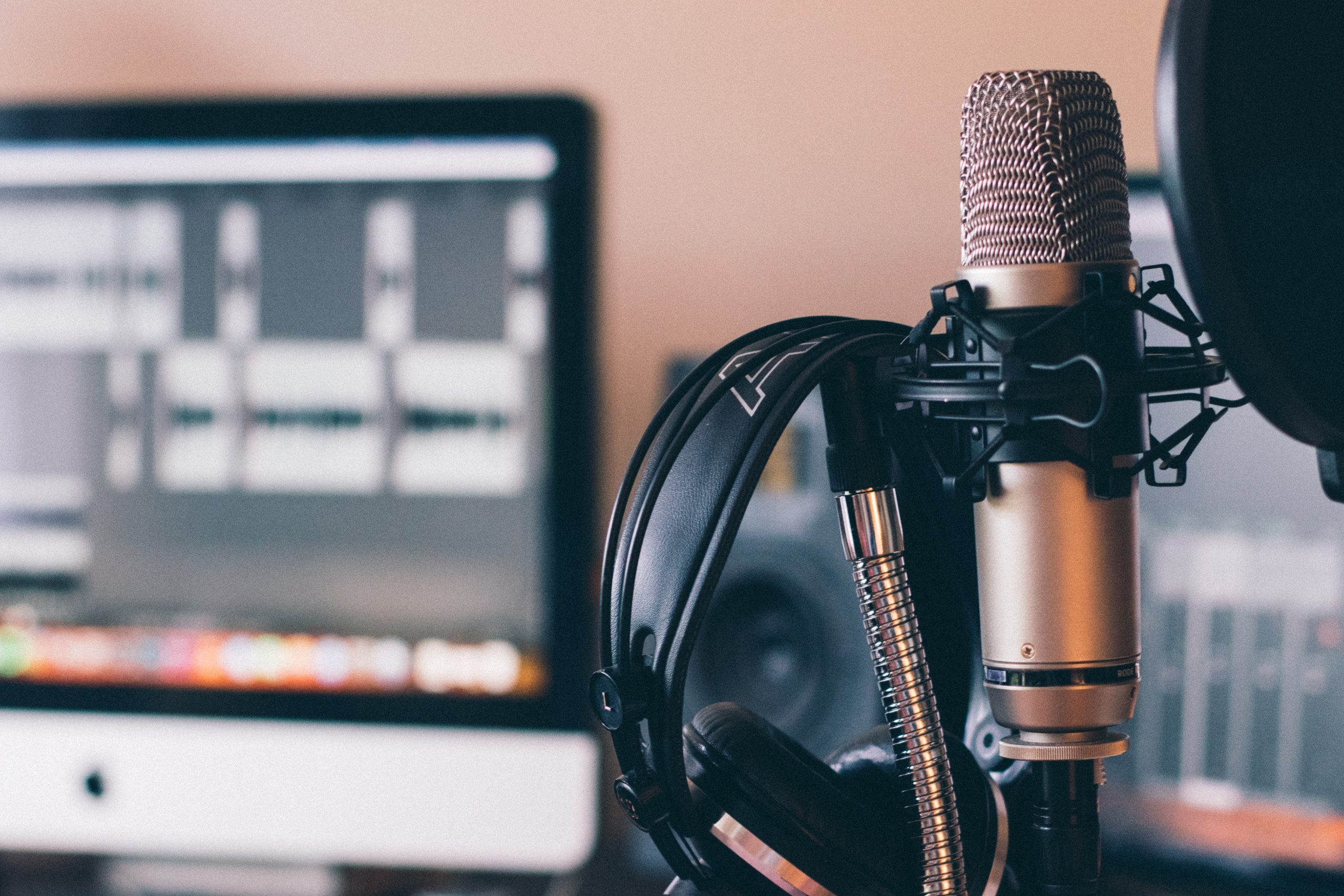Can Ai Transcribe Podcasts?
Yes, AI can transcribe podcasts. Using AI to transcribe podcasts can save time and improve accuracy.
Podcasts have become an increasingly popular form of content consumption, and with this rise, the need for transcribing podcasts has also grown. AI transcription technology has made it easier and more efficient to transcribe audio content, including podcasts. By utilizing advanced speech recognition and natural language processing algorithms, AI can accurately transcribe spoken words into text.
This not only saves time and effort but also ensures that the transcription is highly accurate. With the ability to transcribe podcasts, AI can help content creators, marketers, and businesses reach a larger audience by making their podcast content more accessible and searchable.

Credit: medium.com
What Is Ai Transcription?
AI transcription is an innovative technology that can accurately convert podcast episodes into written text. With AI’s advanced algorithms and machine learning capabilities, it can efficiently transcribe spoken words, making it a valuable tool for podcasters seeking to enhance accessibility and search engine optimization.
Definition Of Ai Transcription
Artificial Intelligence (AI) transcription refers to the use of advanced machine learning algorithms to automatically convert spoken content, such as podcasts or audio recordings, into written text. It involves utilizing sophisticated speech recognition technology to accurately transcribe the audio content into a written form.
How It Works
AI transcription technology works by processing the audio input and transforming it into written text through a series of complex algorithms. Here’s a simplified explanation of the process:
- The audio input, such as a podcast episode, is fed into the AI transcription system.
- The system uses machine learning algorithms to analyze the audio and convert it into a digital format that can be processed further.
- Next, the audio is broken down into smaller, manageable chunks, which are then passed through powerful speech recognition algorithms.
- The speech recognition algorithms compare the audio segments with a vast database of words and phrases to recognize and transcribe the spoken content.
- The transcribed text is then further refined by applying language model algorithms that improve accuracy by considering the context in which words and phrases are used.
- The AI transcription system continues this process until the entire audio content has been accurately converted into written text.
It is important to note that the accuracy of AI transcription varies depending on the quality of the audio input and the effectiveness of the algorithms used. The advancements in AI technology have significantly improved the accuracy of transcription systems, allowing them to produce reliable transcriptions for a wide range of applications.
Challenges Of Ai Transcription
Transcribing podcasts using AI can be a game-changer for content creators and businesses, enabling faster and more efficient conversion of audio content into text. However, there are several challenges that AI transcription faces, which can affect the accuracy and reliability of the transcriptions.
Accents And Variations In Speech
Accents and variations in speech pose a significant challenge for AI transcription systems. Different accents and regional dialects can lead to errors in the transcription process, as AI may struggle to recognize and interpret unfamiliar pronunciations and intonations.
Background Noise
Background noise can disrupt the clarity of the audio, making it difficult for AI transcription software to accurately decipher the spoken words. While human listeners can often filter out background noise, AI may struggle to distinguish between the intended speech and extraneous sounds.
Context And Colloquial Language
The use of context and colloquial language can present challenges for AI transcription, as these elements may not always conform to standard grammar and vocabulary. Understanding nuances and idiomatic expressions requires a higher level of linguistic sophistication that AI transcription systems may lack.
Advances In Ai Transcription Technology
Advances in AI transcription technology have revolutionized the way podcasts are transcribed, bringing a new level of efficiency and accuracy to the process.
Improved Accuracy Through Machine Learning
Machine learning algorithms have significantly enhanced the accuracy of AI transcription technology. These advancements allow the system to continuously learn and improve its transcription capabilities through the analysis of vast amounts of data, resulting in highly precise and nuanced transcriptions.
Real-time Transcription Capabilities
AI transcription technology now offers real-time transcription capabilities, enabling podcasts to be transcribed as they are being recorded. This cutting-edge feature ensures that every word and pause is accurately captured instantaneously, providing a seamless and efficient transcription process.

Credit: supernormal.com
Benefits Of Ai Transcription For Podcasts
Transcribing podcasts can be a time-consuming and laborious task. However, with the advancements in artificial intelligence (AI) technology, automated transcription has become a game-changer for podcasters. Implementing AI transcription for podcasts offers several benefits that can significantly enhance the podcasting experience. In this post, we will explore three key advantages of using AI transcription for podcasts:
Time Efficiency
By utilizing AI transcription, podcasters can save significant amounts of time. Manual transcription requires hours of listening to the audio and manually typing out every word. In contrast, AI transcription algorithms can swiftly convert audio content into written text, eliminating the need for podcasters to spend valuable time on transcribing. This time-saving benefit allows podcasters to focus more on content creation, editing, and promoting their podcasts, resulting in increased productivity and efficiency.
Improved Accessibility
Accessibility is a crucial aspect of podcasting, as it ensures that individuals with hearing impairments or language barriers can also enjoy the content. AI transcription provides a solution to this by creating accurate transcripts of podcast episodes. These transcripts can be easily converted into multiple languages, enabling podcasters to reach a wider audience. Additionally, transcripts can be utilized to create closed captions or subtitles for video-based podcasts, further enhancing the accessibility of the content.
Enhanced Searchability
AI transcription greatly improves the searchability of podcasts. Transcribed text makes it easier for search engines to crawl and index podcast episodes, ultimately leading to better search engine optimization (SEO). Search engines can utilize the transcribed content to understand the context and relevance of a podcast, making it more likely to appear in search results. Moreover, podcast transcripts can be used to extract valuable keywords and phrases that can be incorporated into show notes and metadata, further improving the discoverability and visibility of the podcast.
Limitations Of Ai Transcription
AI transcription has its limitations in accurately transcribing podcasts. While it can provide a basic understanding of the content, it may struggle with accents, background noise, and complex language, leading to errors in the transcription.
Errors And Inaccuracies
AI transcription technology has undoubtedly made significant advancements in recent years and has proven to be a valuable tool for transcribing podcasts. However, it is crucial to acknowledge the limitations associated with AI transcription, particularly when it comes to errors and inaccuracies.Lack Of Contextual Understanding
One of the primary limitations of AI transcription is its lack of contextual understanding. While AI algorithms are designed to recognize and transcribe words, they often struggle with understanding the context in which those words are being spoken. This can lead to misinterpretations or misalignments in the transcription, resulting in inaccuracies.Potential Privacy Concerns
Another aspect to consider when using AI transcription for podcasts is the potential privacy concerns. When relying on AI technology to transcribe audio content, there is always a risk of sensitive or confidential information being exposed. It is essential to take precautionary measures to protect privacy and ensure that any data shared with AI transcription services is secure. In conclusion, while AI transcription is undoubtedly a useful tool for transcribing podcasts, it is important to be mindful of its limitations. Errors and inaccuracies, lack of contextual understanding, and potential privacy concerns should be carefully considered and addressed when relying on AI technology for transcription purposes.
Credit: fireflies.ai
Frequently Asked Questions For Can Ai Transcribe Podcasts?
Can Ai Transcribe Podcasts Accurately?
Yes, AI can transcribe podcasts accurately by leveraging advanced natural language processing algorithms.
What Are The Benefits Of Using Ai For Podcast Transcription?
Using AI for podcast transcription saves time, improves accuracy, and enables easy keyword search within the transcript.
How Does Ai Transcription Compare To Human Transcription?
AI transcription offers faster turnaround, lower cost, and consistent accuracy, although human transcription may be necessary for complex or sensitive content.
Can Ai Transcribe Multiple Languages In A Podcast?
Yes, AI transcription technology can transcribe podcasts in multiple languages, allowing for global accessibility and audience reach.
Conclusion
To conclude, AI transcription services have revolutionized the podcasting industry by providing accurate and efficient ways to transcribe audio content. These advanced technologies have significantly reduced manual transcription efforts and enabled podcasters to reach a wider audience through searchable text.
With continuous advancements, it is expected that AI transcription will become even more sophisticated, improving the accessibility and usability of podcasts in the future.





